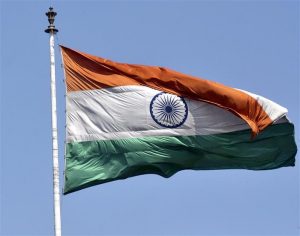What Is Philanthropy?

Through philanthropy, India can reach a per capita income of USD15,000 by India@100 by 2047, accelerating inclusive and sustainable economic growth.
- Philanthropy refers to charitable acts or other good works that help others or society as a whole.
- Philanthropy can include donating money to a worthy cause or volunteering time, effort, or other forms of altruism.
- Philanthropy has long been embedded in the fabric of Indian society and contributed heavily to the creation of modern-day India.
- Pre-industrial India saw business families giving away a proportion of their income to local charities.
- Industrialization enabled rapid wealth creation, business leaders like Sir Jamsetji Tata voiced their opinions on using wealth for social good, donating vast amounts to create exemplary institutions.
- Mahatma Gandhi encouraged businessmen to contribute their wealth to society as India’s Independence movement began.
- Industrialists like Jamnalal Bajaj and G.D. Birla supported Mahatma Gandhi’s initiatives during the freedom movement while pursuing their own philanthropic interests.




